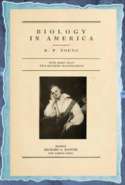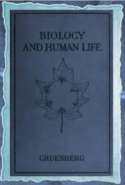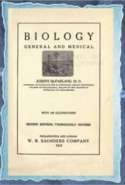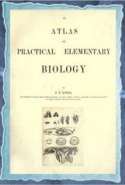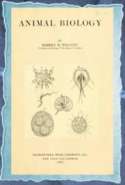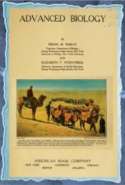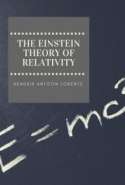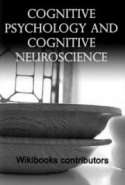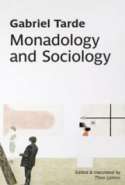Science (Academic) Books
Biology in America (1922)
With more than two hundred illustrations. "To the "man in the street" the biologist, with his "bugs" or his "derms", frequently appears as a harmless but equally useless individual. Thus in an issue of the "New Republic" shortly after America's entrance into the world war, a seriocomic writer in...
Biology and human life (1925)
Gruenberg, Benjamin C. (Benjamin Charles), 1875-1965, Formery Head of the Biology Department in The Julia Richman High Scool, New York.
Biology, general and medical (1920)
McFarland, Joseph, 1868-1945, Professor of Pathology and Bacteriology, Medico- Chirurgial College of Philadelphia; Fellow of The College of Physicians of Philadelphia.
An Atlas of Practical Elementary Biology (1885)
Howes, G. B. (George Bond), 1853-1905, Demonstrator of Biology, Normal School of Science and Royal School of Mines. Lecturer on Comparative Anatomy, St. George Hospital Medical School, London.
Animal biology (1933)
Wolcott, Robert Henry, 1868-1934, Professor of Zoology, Universiiy of Nebraska
Advanced Biology (1929)
Rating: Rated: 10 times
Format: PDF
Frank M. WheatChairman, Department of Biology, George Washington High School, New York Instructor in Biology, New York University and Elisabeth T. Fitzpatrick Chairman, Department of Health Education, George Washington High School, New York
The Einstein Theory of Relativity
Whether it is true or not that not more than twelve persons in all the world are able to understand Einstein's Theory, it is nevertheless a fact that there is a constant demand for information about this much-debated topic of relativity. The books published on the subject are so technical that...
The Glasgow Edition of the Works of Adam Smith
Essays on various subjects
Cognitive Psychology and Cognitive Neuroscience
A thorough and informative presentation of the important facts in current cognitive science.
Monadology and Sociology
The monads, children of Leibniz, have come a long way since their birth. By several independent paths, unremarked by scientists themselves, they slip into the heart of contemporary science.

